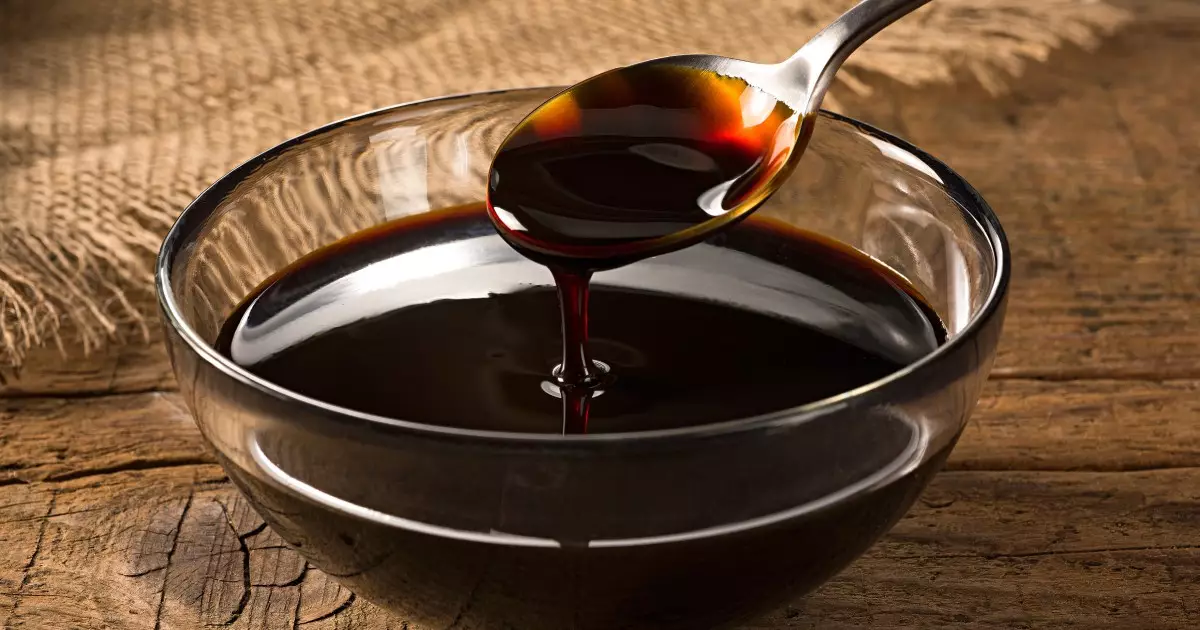As pet owners, we often grapple with the question of what is appropriate to feed our furry companions. Among the myriad foodstuffs that humans enjoy, one curious item stands out: molasses. Derived from sugarcane, this thick syrup has made its mark in kitchens around the world. But can it make its way into the diet of our pets, particularly dogs? This inquiry propels us into an exploration of nutrition, safety, and more importantly, a deeper understanding of our canine companions’ dietary needs.
Understanding Molasses: More Than Just a Sweetener
Molasses is commonly misunderstood as merely a sweet indulgence. This byproduct of sugar production is born from boiling down sugarcane, a plant whose roots delve into the ground, absorbing essential minerals along the way. Conventional sugar extraction strips away most of these valuable nutrients, leaving behind a product that is often devoid of health benefits. However, through the unique processing of molasses, some nutrients remain intact, creating a potential wealth of vitamins and minerals.
Among these nutrients are chromium, iron, calcium, magnesium, and vitamin B6—all of which play crucial roles in maintaining a dog’s health. Yet, one must ask: does the potential nutritional benefit outweigh the risks that accompany feeding molasses to dogs, particularly those susceptible to diabetes or obesity?
The Dangers of Sugar for Dogs
Dogs, like humans, are prone to health issues related to excess sugar consumption. Knowing this reality heightens the importance of choosing wisely when it comes to dietary inclusion. Specifically, molasses contains varying levels of sugar, and understanding these differences is critical to making an informed decision.
The two primary types of molasses—light and dark—pose significant risks to canines. Light molasses, often found on grocery store shelves, is the first syrup produced in the boiling process. Unfortunately, it is laden with sugar and lacks the nutrient density needed to justify its inclusion in a dog’s diet. Dark molasses, while somewhat reduced in sugar compared to its lighter counterpart, remains unsuitable for regular feeding due to its still substantial sugar content.
Unveiling the Winner: Blackstrap Molasses
If we were to crown a champion within the molasses family, it would undoubtedly be blackstrap molasses. This dense, dark syrup is the final product derived from boiling down dark molasses and is recognized for its high nutritional value paired with considerably low sugar content. Rich in essential vitamins and minerals, blackstrap molasses can contribute beneficial components to a dog’s diet when administered in moderation.
Yet, the crucial clarion call remains: moderation is key. While blackstrap molasses can indeed be a nutritious additive, it is paramount to consult with a veterinarian prior to its introduction into your dog’s regimen. Each dog is unique, and potential pre-existing health concerns should dictate dietary changes.
The Flavor Factor: Will They Like It?
Beyond dietary considerations, there is the simple question of taste. Many dogs have diverse palates and may love the sweet, rich flavor of molasses. Anecdotal evidence suggests that some pups delight in the inclusion of blackstrap molasses within their treats or meals, while others may receive it with indifference. Observing your pet’s response can provide valuable insight not just into their preferences but also into how well they tolerate new additions to their diet.
Ultimately, when it comes to our beloved pets, the balance between offering a varied diet and ensuring their well-being is paramount. Molasses might seem like a minor player in the grand scheme of canine nutrition, but understanding the distinctions between its various forms can vastly change the conversation.
By engaging with these nuanced dietary choices, we can make informed decisions that enhance our dogs’ health while also delighting their taste buds. In a world where our pets’ happiness is our priority, knowledge remains our most powerful tool.

